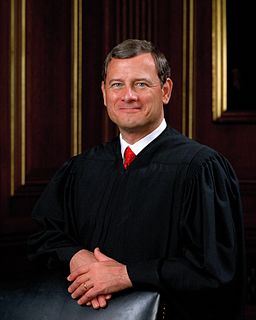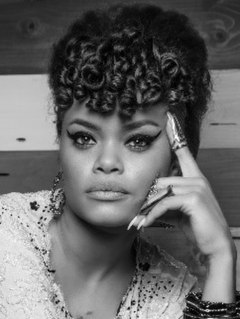A Quote by Marilyn Minter
Brenda Starr is how I learned to draw. I copied her. I admired her. She had a career.
Related Quotes
I did get a nice compliment from Ramona Fradon a few years ago.She was talking about the one and only Plastic Man comic that I inked for her for DC and she said it was the only time that she'd ever had anyone ink her. Everyone else put in their own personality and changed it. In fact, bless her heart, she said if she were still doing Brenda Starr, she'd have me ink it.
I really pulled from that repertoire that Billie Holiday was singing, and the way she sang it. It's sort of this beautiful, not really midpoint, but a period of her career where she really still had her voice. She had that deep wisdom that we've come to associate her with. To me, that's her at the height of her powers.
What's weird is when you meet a girl who is 23 and you are talking to her, even her voice is high-pitched, she's young. You ask her how old she is, she says, 'Twenty-three, how old are you?' and when I tell her I'm 41 it's like I've just told her I have cancer. It's, 'Oh my God, how long have you had that?'
I'm looking for a writer who doesn't know where the sentence is leading her; a writer who starts with her obsessions and whose heart is bursting with love, a writer sly enough to give the slip to her secret police, the ones who know her so well, the ones with the power to accuse and condemn in the blink of an eye. It's all right that she doesn't know what she's thinking until she writes it, as if the words already exist somewhere and draw her to them. She may not know how she got there, but she knows when she's arrived.
In the short summer night she learned so much. She would have thought a woman would have died of shame... She felt, now, she had come to the real bedrock of her nature, and was essentially shameless. She was her sensual self, naked an unashamed. She felt a triumph, almost a vainglory. So! That was how it was! That was life! That was how onself really was! There was nothing left to disguise or be ashamed of. She shared her ultimate nakedness with a man, another being.
Slowly his resistance ebbed. She felt the change in his body, the relaxing of tension, his shoulders curving around her as if he could draw her into himself. Murmuring her name, he brought her hand to his face and nuzzled ardently into her palm, his lips brushing the warm circlet of her gold wedding band. “My love is upon you,” he whispered…and she knew then that she had won.
Yet there were times when he did love her with all the kindness she demanded, and how was she to know what were those times? Alone she raged against his cheerfulness and put herself at the mercy of her own love and longed to be free of it because it made her less than he and dependent on him. But how could she be free of chains she had put upon herself? Her soul was all tempest. The dreams she had once had of her life were dead. She was in prison in the house. And yet who was her jailer except herself?
At that moment a very good thing was happening to her. Four good things had happened to her, in fact, since she came to Misselthwaite Manor. She had felt as if she had understood a robin and that he had understood her; she had run in the wind until her blood had grown warm; she had been healthily hungry for the first time in her life; and she had found out what it was to be sorry for someone.
That's why I loved Dinah Washington. She sung jazz, but they called her the Queen of the Blues. She had the control and sophistication of jazz in her note selection and how to attack a song or certain lines, but then attacked it with a painful force of blues behind it. That's why I admired her so much, because of that versatility.
First, I want to pay tribute to Diana myself. She was an exceptional and gifted human being. In good times and bad, she never lost her capacity to smile and laugh, nor to inspire others with her warmth and kindness. I admired and respected her - for her energy and commitment to others, and especially for her devotion to her two boys.
I found her lying on her stomach, her hind legs stretched out straight, and her front feet folded back under her chest. She had laid her head on his grave. I saw the trail where she had dragged herself through the leaves. The way she lay there, I thought she was alive. I called her name. She made no movement. With the last ounce of strength in her body, she had dragged herself to the grave of Old Dan.








































